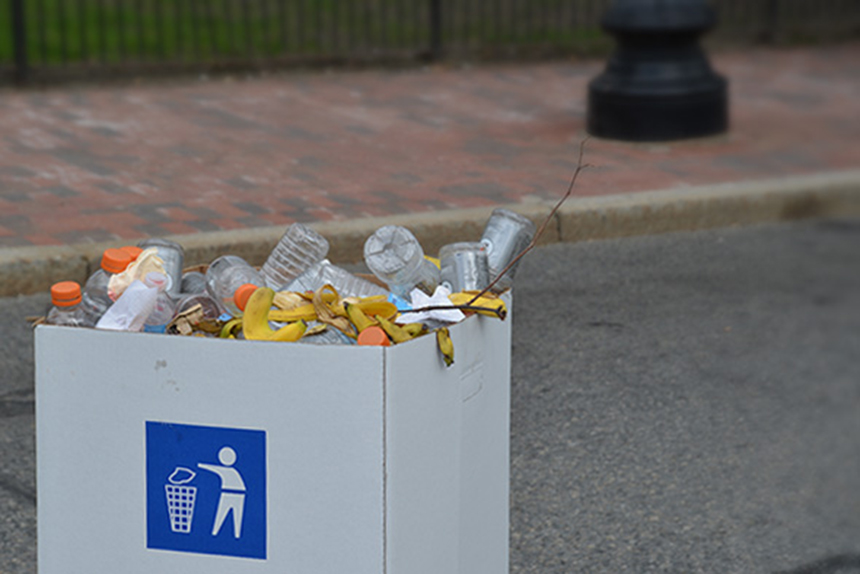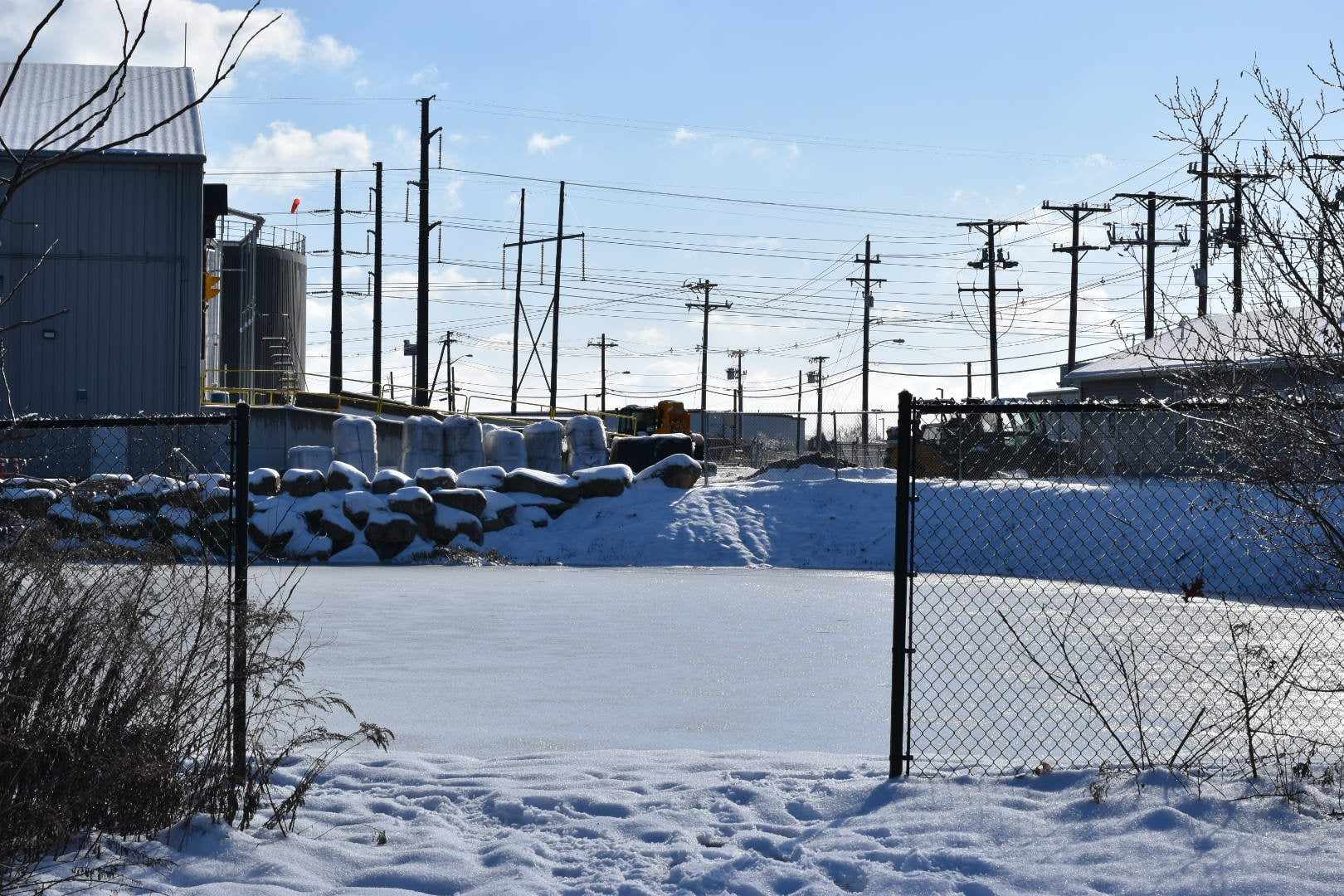R.I. Compost Movement Slowly Gains Momentum
March 7, 2013
PROVIDENCE — Compost is getting more attention lately. At the Statehouse on Wednesday, a Senate committee heard suggestions for diverting food scrap from the state landfill.
Phil Hadley, owner of a Newport-based compost initiative, spoke about his effort to enlist local restaurants to compost food scrap through anaerobic digestion. “It’s the best way to take care of the (landfill) problem in Johnston,” he said.
Nicole Pollock, legislative liaison for the state Department of Environmental Management (DEM), is working with the Rhode Island Food Policy Council to update regulations that would allow expanded composting for schools, farmers and do-it-yourselfers. Any waste-reduction project, Pollock said, leads to new jobs.
“Anytime you divert something from the landfill you are creating a market,” she said.
Sheila Brush, of the Food Policy Council, said the need for starting a compost program in the state is critical. “Food scraps won’t be waste anymore, they’ll be a resource,” she said.
A 2010 study by the Environmental Protection Agency (EPA) found that food scrap is the largest type of municipal waste sent to landfills, and only 3 percent of organic waste in composted.
Rhode Island’s composting guru, Greg Gerritt, has lead local composting efforts for the past five years through the Environment Council of Rhode Island Compost Initiative. His annual Compost Conference & Trade Show on March 22 is once again a near sellout. The event offers an update on many state and national initiatives, such as composting by universities and municipalities and industrial-scale programs.
“Composting is something we really need to do,” Gerritt said, “to continue our agricultural renaissance in this state.”
Gerritt admitted, however, that progress has been slow for launching composting projects in the state. One impediment, Gerritt and others site, is the low cost of disposing all waste, or tipping fees, at the Central Landfill in Johnson.
Sarah Kite, director of recycling services at the Rhode Island Resource Recovery Corporation (RIRRC), which manages the state landfill, said it’s not known how much organic waste is buried there annually, but consumers have shown a strong interest in composting. RIRRC, she said, sells 1,000 backyard compost bins each year.
One drawback for Rhode Island is the lack of composting infrastructure. Connecticut, Kite said, recently passed legislation requiring businesses to compost food scrap as soon as there is a permitted compost facility operating within 20 miles of their location. The rule provides an impetus for commercial composters to have confidence to build a facility, knowing that there will be a guaranteed supply, she said.
The Senate Committee on Special Legislation and Veterans Affairs favored the concept of establishing a special study commission to create proposals for diverting food scrap. The bill, however, required updating and was held for further study. The legislation may also be included in an ongoing Senate study of paper and product packaging reduction.
Categories
Join the Discussion
View CommentsRecent Comments
Leave a Reply
Your support keeps our reporters on the environmental beat.
Reader support is at the core of our nonprofit news model. Together, we can keep the environment in the headlines.
We use cookies to improve your experience and deliver personalized content. View Cookie Settings




There are seats available at the compost conference taking place on March 22. To register email [email protected] cost is $25.00